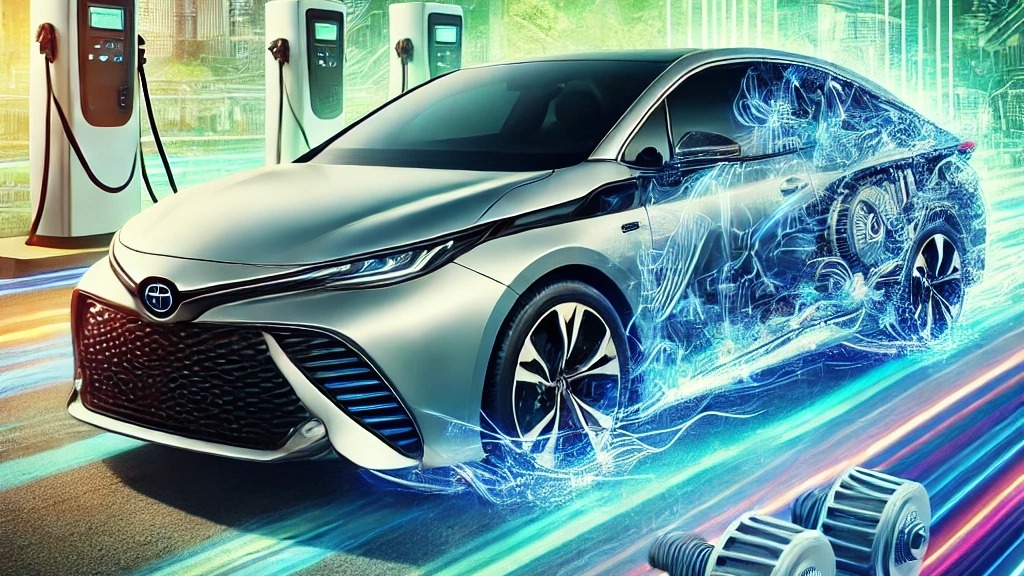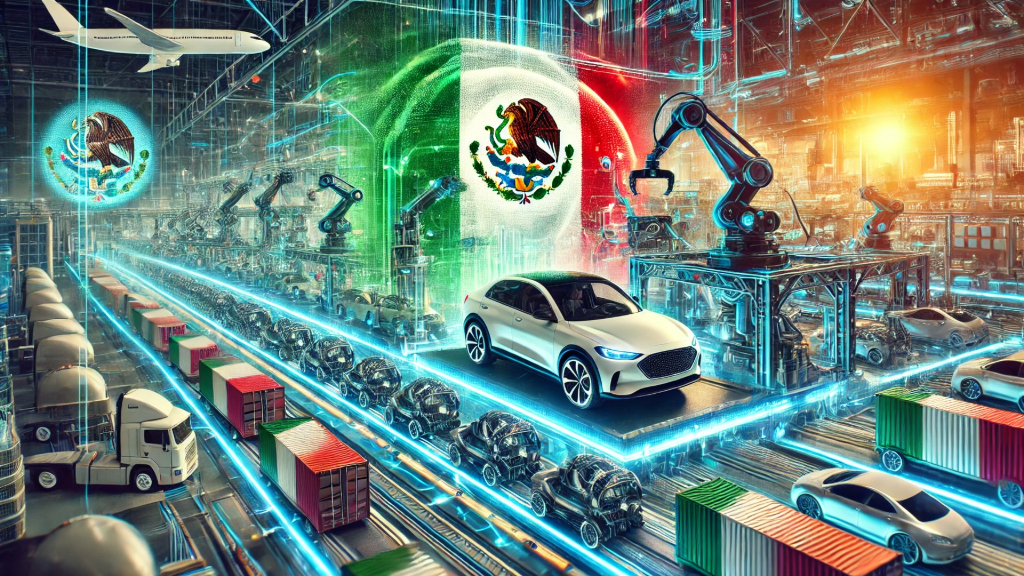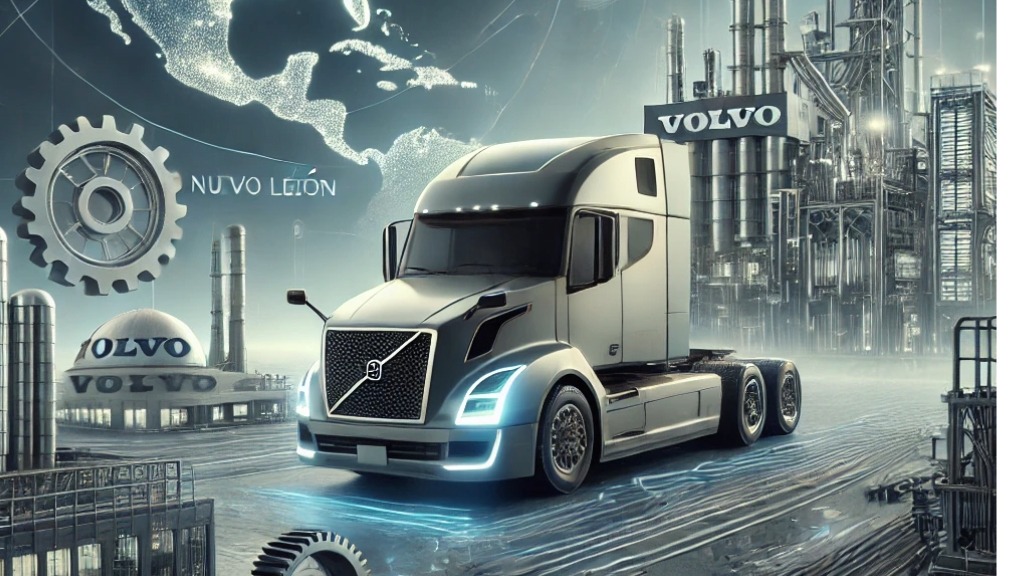Toyota bets strongly on Mexico with new investment

Toyota has announced an investment of US$1.45 billion in its plants in Baja California and Guanajuato, aimed at the production of the new generation Tacoma pick-up and its hybrid electric version (HEV).
This move consolidates Mexico's position as a strategic hub in North American automotive manufacturing, strengthening its trade relationship in an industry facing U.S.-driven tariff pressures under the Donald Trump administration.
Toyota's investment reaffirms its confidence in the country, totaling more than US$3 billion to strengthen local operations, especially in electrification technology, which is essential for the region's competitiveness and sustainability.
Toyota's decision reaffirms Mexico as a reliable destination for foreign direct investment (FDI), especially in a global context where sustainability and technological innovation are fundamental.
Mexico benefits from its geographic proximity to the United States, as well as the technical and manufacturing capabilities it has developed in the automotive sector. The commitment to hybrid technologies and electrification in the Tacoma models manufactured in Silao reinforces its leadership and promotes the development of advanced skills in the local workforce, creating jobs that increase specialization in the country.
Significant opportunities exist in this expansion, as Mexico can consolidate its position as an important hub advanced production facilities for electric and hybrid vehicles, a sector that is projected to grow rapidly in the coming years. This will not only attract new investments in advanced manufacturing, but also positions the country as a key participant in the energy transition of the global automotive industry.
Mexico's integration into the North American value chain is strengthened by its ability to produce vehicles that meet the efficiency and sustainability standards that are increasingly in demand.
However, this new phase also faces weaknesses. Mexico continues to depend on policies and demands from the United States, its main trading partner, which means that any change in tariff policies or T-MEC rules could affect operations and the profitability of investment in the sector.
The lack of a robust infrastructure to support the growth of electric vehicles and limited innovation capacity compared to other countries with greater investment in research and development could limit the impact of these investments on the market in the long term.
The Mexican automotive industry also faces threats, especially related to competition from other emerging economies and unstable trade policies. Despite the Mexican government's commitment to provide certainty to investors, changes in economic or fiscal policies could affect the perception of stability in the country. In addition, the U.S. drive to strengthen its domestic production and reduce dependence on automotive imports could reduce Mexico's competitiveness in the long term.
Toyota's investment, together with the commitment of other international brands such as GM, BMW and Volkswagen, reinforces the country's relevance as a production center and points to a new phase of development that goes beyond traditional manufacturing, integrating innovation and sustainability.
This modernization process strengthens Mexico's industrial infrastructure and positions the country to face global challenges in an industry that is in full transformation towards a green and competitive business model.
The news highlights the importance of continuing to work on investment promotion and strengthening the regulatory framework to maintain competitiveness and face the future demands of the international market, promoting sustainable economic development that benefits the national economy and contributes to the country's resilience in the global automotive market.
Collaboration: Editorial Auge.





